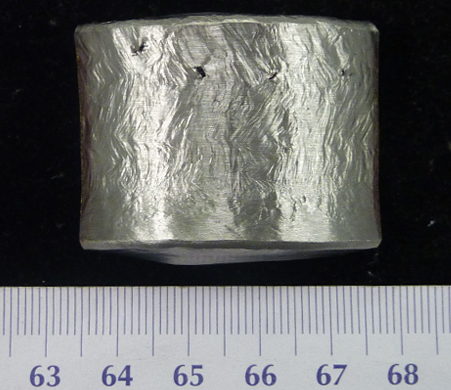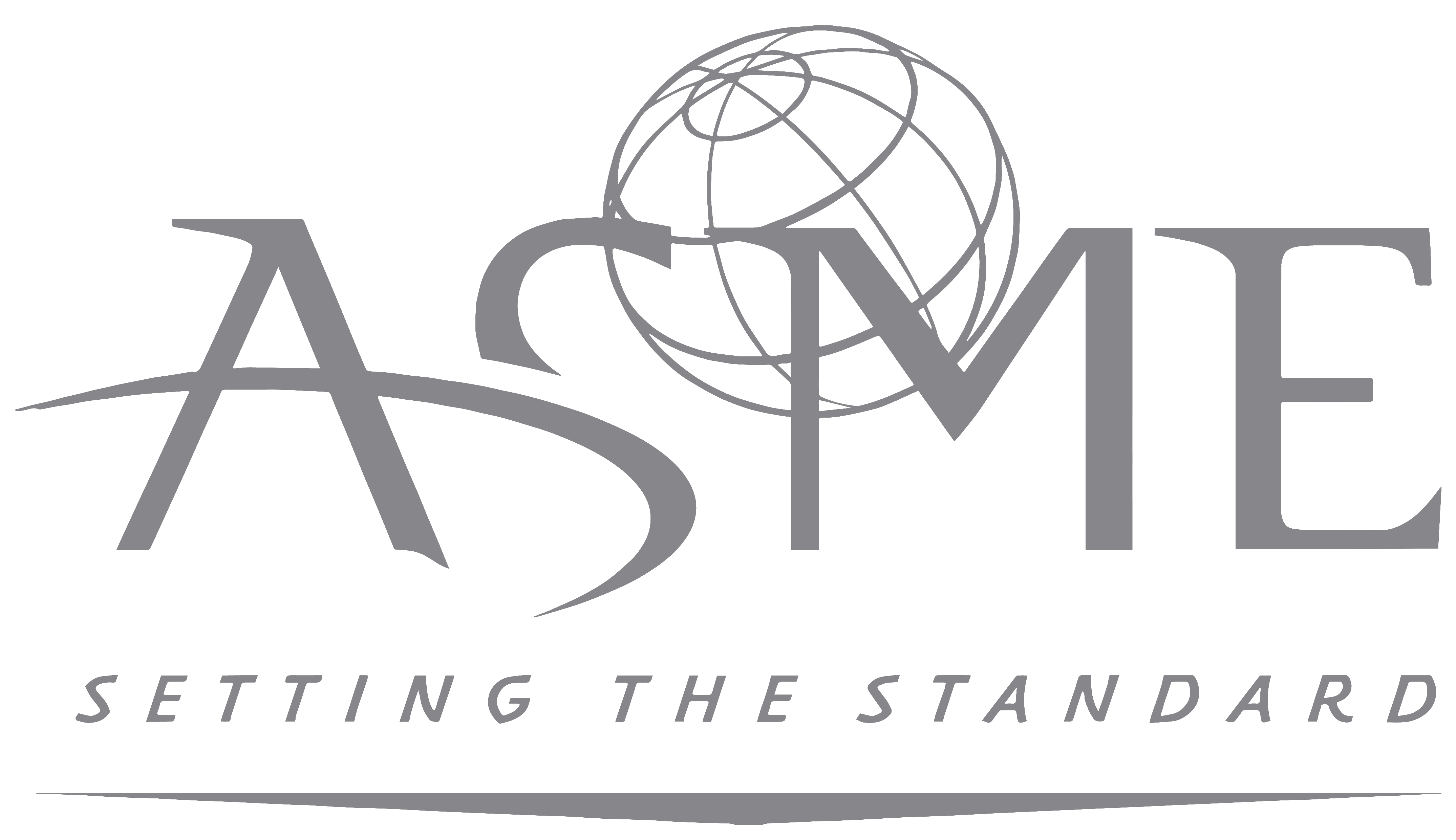Our experience and lessons learned are the foundation for the development of new processes which will improve the quality of our products and the competitiveness of the company. The Defectology unit of the Advanced Technology Centre has a vast knowledge of the defect process in the welded metal components and, in particular, those components related to the primary circuit of the nuclear power plant during their manufacturing and also during their service at plants.
The deep knowledge of the failure mechanism, the circumstances and causes, the localization and the macro and microscopic morphology are needed to identify the root cause of such failure, to evaluate the potential future consequences during the remaining operation live of the equipment, to select and perform the most suitable repair if needed, to improve the quality of the new materials and manufacturing processes and to detect them by non destructive methods frequently using defect coupons simulating the indications generated during the operation of the components at plants.
Our Defectology unit has a vast experience on welding joints, in particular those related to nuclear components, as per European standard EN and international codes ASME, KTA, RCC-M, RCC-MR and RCC-MX.
It provides following services:
Defectology analysis on welded joints.
Quality improvement of manufacturing processes, design and evaluation of welded joints.
Root cause analysis of deviations during manufacturing processes.
Evaluation and on-site repairs of damaged components during service.
Manufacturing of defects on coupons simulating defects on components for the performance os NDE tests.
Defectology area
Our experts have a recognized national and international experience on this field. They have been involved on projects as BRITE “MARS”, “FATIGUE”, “LISSAC” and “WELDON”, projects supported by the Spanish nuclear regulator CSN (Consejo de Seguridad Nuclear) “Evaluación de Técnicas de Encamisado” and “Generación por métodos acelerados de defectos similares a los existentes en los tubos de los Generadores de Vapor” both within the frame of the PISGV (Proyecto de Investigación Sobre Generadores de Vapor) and the project VIP (TMI).
Verónica Román Flórez, is a Mining Engineer by the Universidad de Oviedo, is a Welding Engineer, Master in Advanced Studies on Material Science and Metallurgical Engineering, Specialization Master in metallurgical sector, Master in Quality and Environmental Sciences, and has a significant knowledge on casts and steels.
Pedro Verón Guembe, Phd. Industrial Engineer by the UPM (Phd. extraordinary award), researcher in Tohoku (Japan) and Cambridge (United Kingdom) Universities, lecturer Universidad de Cantabria (Technology) and has forty years experience on welding components for the steel cast, petrochemical, nuclear, etc.
Publications
“Comparative studies of stress relief cracking in relaxation test specimens and in a full scale weldment” (The International Journal of Pressure Vessel and Piping, 1984 ELSEVIER Applied Science Publishers).
“Weld repair of a petrochemical component” (Operation Maintenance and Material Issues, 2002, European Technology Development Ltd.).
“Weld repair of a petrochemical component” (Operation Maintenance and Material Issues, 2002, European Technology Development Ltd.).
“SCC realistic defects on Inconel 600 steam generator tubes and RPV head penetrations” (1994, EPRI Workshop on PWSCC of Alloy 600 in PWRs. Proceedings).
“Prensas de extrusión. Alargamiento de vida mediante la reparación por soldadura” (1989, CENIM Revista de Soldadura).
“La soldadura por haz de electrones en soldaduras de fuerte espesor” (2012, 2º Congreso Internacional de Soldadura y Tecnologías de Unión).
“Defectología en depósitos de acero inoxidable mediante proceso GTAW HW” (2013, XIII Congreso Internacional en Energía y Recursos Minerales).






